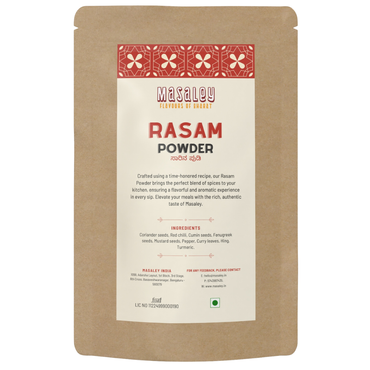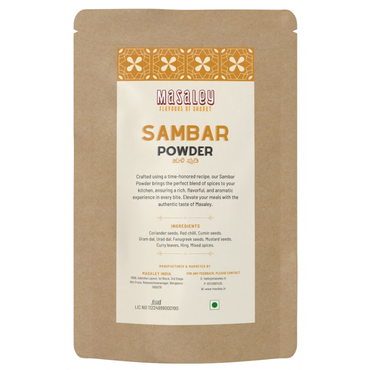In the modern age, the way we produce and consume food has undergone a dramatic transformation. The rise of laboratory-manufactured foods - think lab-grown meats, genetically modified organisms (GMOs), and synthetic additives - marks a significant shift from traditional, natural food processing methods. While these scientific advancements bring certain benefits, like longer shelf lives and potentially reduced environmental impacts, there's a growing conversation about the importance of natural food processing. Here's why it's crucial to lean towards naturally processed foods.
The Laboratory Approach: A Double-Edged Sword
The Pros:
- Sustainability: Lab-grown meats and GMOs offer a potential solution to reduce the environmental footprint of food production.
- Innovation: Lab-based food manufacturing opens doors to creating nutrient-rich foods, potentially addressing malnutrition.
The Cons:
- Health Concerns: The long-term health impacts of consuming lab-manufactured foods are still not entirely clear. The use of synthetic chemicals and alterations at a genetic level raise questions about potential health risks.
- Taste and Quality: For many, nothing beats the taste of naturally grown produce. The texture, flavor, and overall quality of lab-grown foods are often cited as inferior to their natural counterparts.
The Case for Natural Food Processing
Nutritional Integrity
Naturally processed foods tend to retain more of their original nutrients. Traditional methods like fermentation, sun-drying, and stone-grinding preserve the natural goodness of food without the need for artificial additives.
Environmental Harmony
Natural food processing often requires less energy and fewer resources. Practices like organic farming work in harmony with nature, promoting biodiversity and sustainable land use.
Cultural and Culinary Heritage
Traditional food processing is an integral part of cultural heritage. From cheese-making in Europe to miso production in Japan, these methods are steeped in history and tradition, offering flavors and experiences that laboratory methods cannot replicate.
Health and Wellness
There's a growing body of research suggesting that naturally processed foods are better for our health. They are free from synthetic chemicals and are often more digestible, reducing the risk of allergies and other health issues.
The Path Forward
Balancing Innovation with Tradition
While embracing technological advancements, it's crucial to maintain a balance. The key is to integrate modern technology with traditional methods in a way that respects the environment, health, and cultural values.
Supporting Local and Organic
One way to promote natural food processing is by supporting local, organic farmers. This not only helps in reducing the carbon footprint but also encourages biodiversity and soil health.
Educating and Raising Awareness
Education plays a vital role. Informing consumers about the benefits of naturally processed foods can drive a shift in public perception and demand.
Policy and Regulation
Governments and regulatory bodies need to play their part. Implementing policies that favor natural food processing methods and ensuring proper labeling can guide consumers in making informed choices.
Conclusion
While laboratory-manufactured foods offer exciting possibilities, it's important to not lose sight of the benefits of natural food processing. There's a beauty and authenticity in foods that are grown and prepared using traditional methods, a connection to the earth and our heritage that lab-grown foods simply can't replicate. As we advance into the future, let's not forget the roots from which our food comes. After all, nature, in its purest form, has always been our greatest provider.





